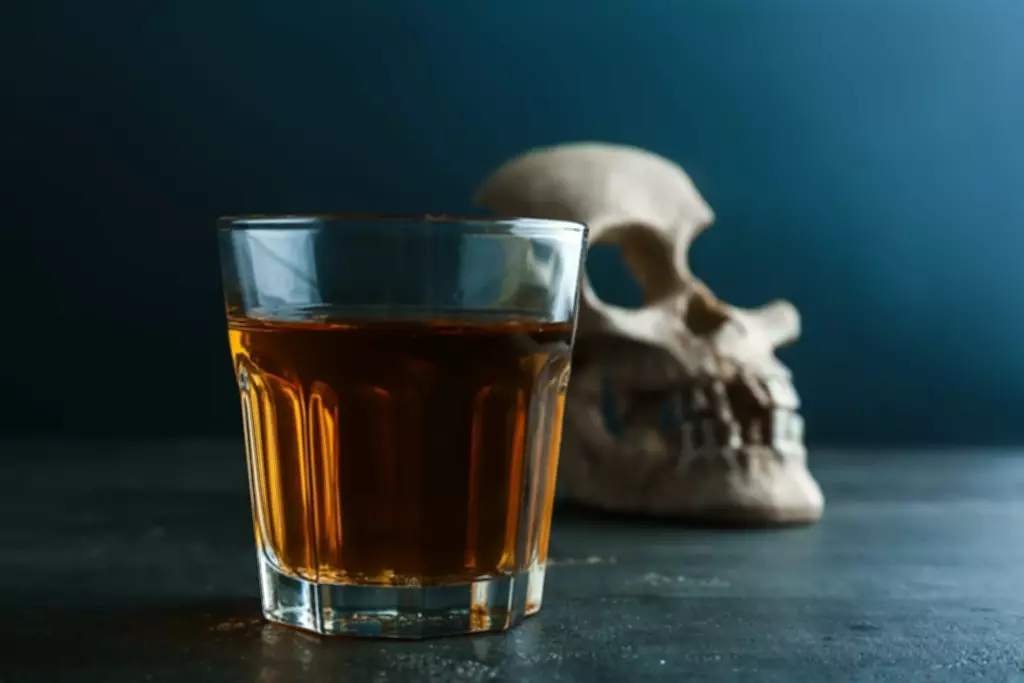Think of your body as a downtown city – buzzing with events and activity. Alcohol had been hosting one of the most attended shows for years and, suddenly, it’s gone. It’s as if countless citygoers have nowhere to go, creating chaos and restlessness. By understanding the whys and hows behind insomnia, we can devise strategies to reclaim your sound sleep.
- Binge-drinking – consuming an excessive amount of alcohol in a short period of time that results in a blood alcohol level of 0.08% or higher – can be particularly detrimental to sleep quality.
- Hobbies can be anything from reading a book and gardening to painting and shaping pottery.
- The sedative effects of alcohol impact the functioning of neurotransmitters and other chemicals in your brain.
- A calming bath that also extolls the virtues of lavender, calming the nerves, and quieting the mind.
However, booze also has a significant impact on your sleep pattern. Here’s what you need to know about trouble sleeping without alcohol. Taking any other substances that have a sedative effect should be avoided unless a doctor prescribes them. Doing so without medical supervision can trigger a new addiction to another substance. Alcohol also impacts other chemicals like adenosine, which prevents the brain from becoming stimulated. A calming bath that also extolls the virtues of lavender, calming the nerves, and quieting the mind.
Lack of Sleep May Increase Calorie Consumption
This soothing Molton Brown candle also contains lavender, vanilla, and cedarwood. If you aren’t diagnosed with a sleep disorder and you don’t usually have trouble falling asleep or staying asleep at night, you can most likely nap without issue. A short nap, however, can reduce sleepiness, improve focus and increase productivity without the dreaded caffeine crash. Sometimes a nap during the afternoon is the only way to power through the day. While napping can absolutely affect your sleep at night, if you do it the right way, you get the best of both worlds — great daytime naps and still sleep soundly at night.

One study shows that this is the reason about 10% of people drink alcohol. Because alcohol can have a depressive effect on the brain, drinking may help some people fall asleep faster. Drinking to fall asleep can cause or worsen some health issues over time. These include breathing issues like sleep apnea, which is linked to drinking. Your doctor may also prescribe medications that can reduce withdrawal symptoms and cravings.
Don’t sandwich your nap with screen time
Such problems can persist for some time even after you decide to quit drinking. In fact, difficulty sleeping is one of the most common alcohol withdrawal symptoms and one that causes many to relapse. Because of our circadian rhythms, or 24-hour internal clock, sunlight exposure https://ecosoberhouse.com/article/what-to-do-if-you-cant-sleep-without-alcohol/ signals to the brain that it’s time to be awake. Being out in the sun may also improve your mood and cognitive performance, helping you make it through the day after a sleepless night. The relationship between sleep apnea and alcohol has been researched fairly extensively.
Additionally, consuming just one serving of alcohol before bed can lead to symptoms of OSA and heavy snoring, even for people who have not been diagnosed with sleep apnea. Simply, alcohol helps you relax in the short term, but long-term use comes with many risks and potentially negative outcomes. It reduces the time it takes to nod off (known as sleep onset latency), promoting deep sleep initially. But as the night progresses, this deep sleep period decreases, and you end up spending more time in less restorative sleep stages (like light sleep). However, keep in mind that “sleeping it off” can be dangerous when someone has had a large amount of alcohol.
Our Brains Can Age as Much as Two Years With No Sleep for 24 Hours
Researchers have found that insomnia is a risk factor for alcohol abuse. When you have sleep apnea, drinking can make the breathing interruptions last longer when you are asleep, leading to more awakenings. Studies have shown that people who drink and have sleep apnea are at a much higher risk of traffic accidents than people with sleep apnea who do not drink alcohol.
Why Does Alcohol Mess With My Sleep? – The New York Times
Why Does Alcohol Mess With My Sleep?.
Posted: Thu, 22 Jun 2023 07:00:00 GMT [source]
If The Recovery Village is not the right fit for you or your loved one, we will help refer you to a facility that is. Instead of going to see a hypnotherapist and sitting in a comfortable chair, you can do it in the tranquility of your own home. Or in any https://ecosoberhouse.com/ place you feel comfortable and can have uninterrupted time to yourself. For more tips on dealing with insomnia-related issues read our blog [LINK]. And you might notice the difference in a matter of days — 80% of users get better sleep within five days.

